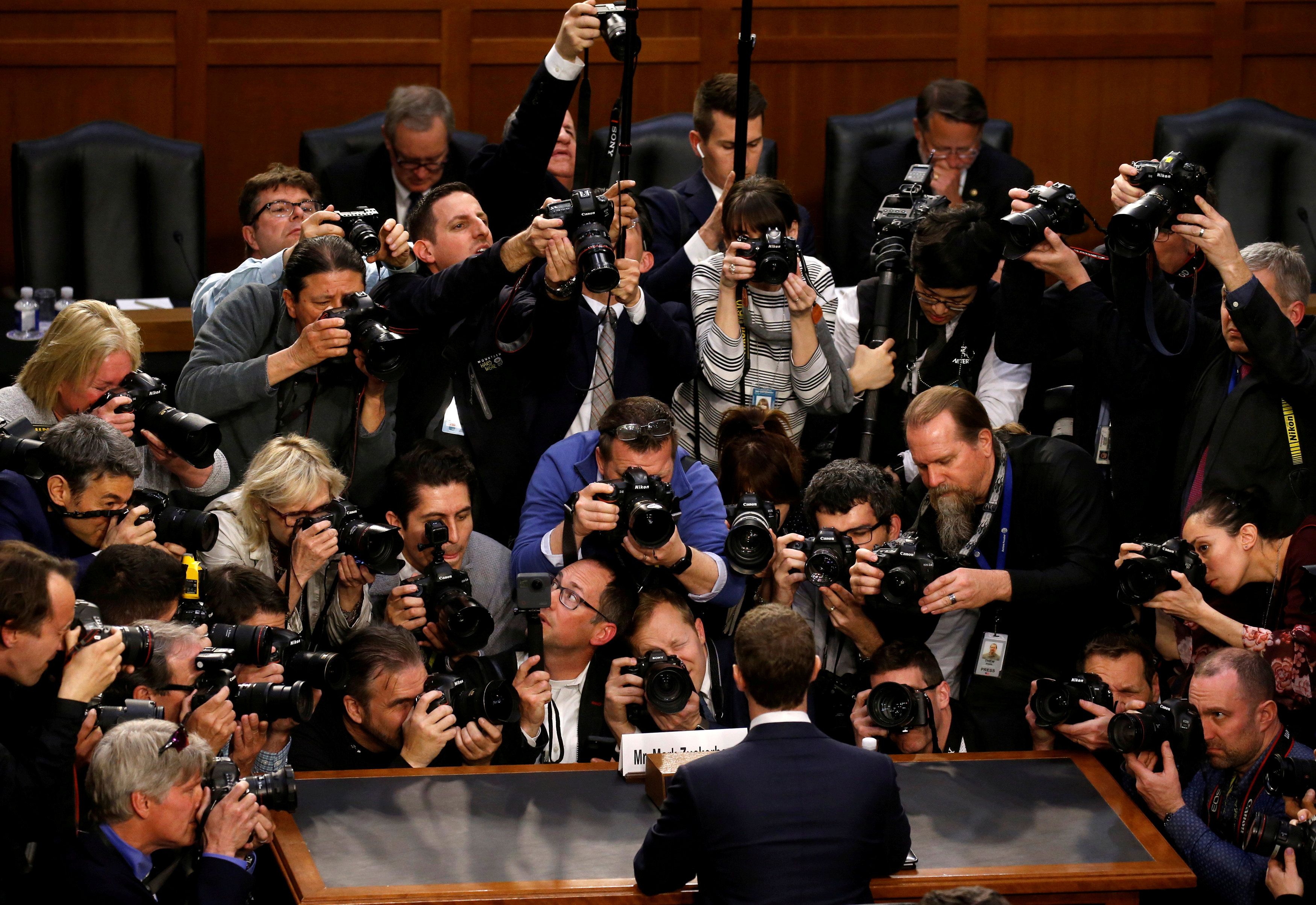After years of relatively little attention from government regulators at home, the US tech giants are sitting under the anti-trust hammer. Earlier this week, shares of major tech stocks fell sharply after a series of media reports indicated that regulators at the Department of Justice and the Federal Trade Commission were already divvying up responsibility for investigations into Facebook, Google, Apple, and Amazon. The House of Representatives' Judiciary Committee, meanwhile, is readying a "top-to-bottom review of the market power held by giant tech platforms."
It's a remarkable change in Washington, which until recently had shown only scattered and uneven attention to the power that tech companies have amassed over markets, consumers, and political discourse. The shift reminds us of the character in Ernest Hemingway's novel The Sun Also Rises who describes the process of going bankrupt as "gradually and then suddenly." (It's an irony that just months ago Silicon Valley guru Tim O'Reilly used this quote to describe how technology changes the world). Now that we are in the "suddenly" phase of US tech regulation, here are a few points to keep in mind as the plot thickens – and thicken it will:
This didn't start with the US. Europe's tough data laws and hefty anti-trust fines on some of the world's biggest internet companies have already set the stage. Now the push to regulate Big Tech has moved across the Atlantic. In part that's not a coincidence – lawmakers in DC are increasingly concerned that European standard-setting on global tech regulation is leaving the US behind.
This is a rare issue with bipartisan support. Both Republicans and Democrats are keen to cut the tech companies down to size, but for somewhat different reasons. Many Democrats worry chiefly about the ways that Big Tech can harm consumers or affect elections, while some Republicans (including the President) argue social media companies are censoring conservative views. At a time of such shrill partisanship, the common focus on tech regulation stands out, but whether mutual concern will translate in to meaningful policy remains to be seen.
What's next? If Washington really wants to rein in Big Tech's market power, there are plenty of ideas floating around. Democratic presidential contender Elizabeth Warren wants to break up the tech giants. Another concept that's started to bubble up in Europe is that of a "progressive data-sharing mandate" – forcing companies that reach a certain market size to share a portion of their data with competitors. The idea is to make sure companies compete over who offers the better service, rather than allowing established players with better data sets to run would-be rivals off the field.
The golden goose constraint: Damaging data breaches, the misuse of personal information, and a growing fear that Big Tech has become too big for its (and society's) own good mean the public and lawmakers have plenty of reasons to increase their scrutiny of the sector. But tech is still the most important sector for the global economy – it's created new jobs and wealth, while improving the lives of billions of people around the world. Even as they move to regulate, at a time when the US is locked in an escalating technology and trade struggle with China, Congress and the White House will step cautiously to avoid killing the golden goose.
